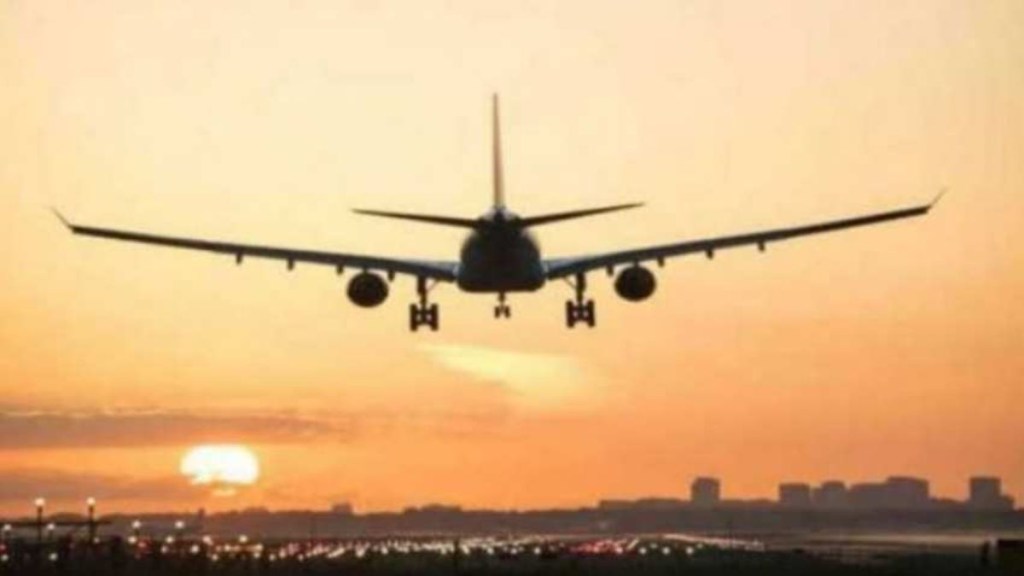Alaska Airlines faced widespread disruptions over the weekend as it canceled 170 flights on Sunday and an additional 60 on Monday in response to the U.S. Federal Aviation Administration’s (FAA) directive to ground 171 Boeing 737 MAX 9 airplanes for immediate inspections.
The cancellations are expected to extend into the first half of the week, affecting nearly 25,000 passengers, according to the Seattle-based carrier, which operates a fleet of 65 Boeing 737 MAX 9 aircraft.
Why was Boeing 737 MAX 9 aircraft temporarily grounded?
The FAA’s order for the temporary grounding came on Saturday after an alarming incident involving an eight-week-old Alaska Airlines jet. The aircraft experienced a fuselage gap shortly after takeoff from Portland, Oregon, bound for Ontario, California, leading to an emergency landing. Fortunately, all 171 passengers and six crew members were unharmed.
The focus of the FAA’s concern is a specific panel on the aircraft, prompting the grounding of all 171 Boeing 737 MAX 9 jets equipped with the same component. The panel in question is associated with a door plug that tore off during the flight, resulting in the emergency landing.
Federal officials order grounding
In a statement issued on Sunday, the FAA made it clear that the affected jets would remain grounded until the regulatory authority is confident in their safety. The agency’s swift action reflects the critical need to address potential safety issues associated with this particular component.
Alaska Airlines, acknowledging the inconvenience caused to its passengers, expressed its commitment to prioritising safety. The airline reassured the public that cancellations would persist only until the FAA completes thorough inspections and gives the green light for the affected aircraft to resume operations.
Global inspections of Boeing 737 MAX 9 aircraft
The incident raises broader concerns about the safety of Boeing’s 737 MAX 9 fleet, which has experienced previous grounding following two crashes in 2018 and 2019. Aviation experts and authorities will closely examine the FAA’s findings from these inspections to ensure the continued airworthiness of these aircraft.
As airlines grapple with the operational challenges posed by these abrupt groundings, passengers are advised to stay informed about potential flight disruptions and updates from their respective carriers. The FAA’s thorough investigations and subsequent safety measures will be crucial in restoring confidence in the reliability of the Boeing 737 MAX 9 fleet.

